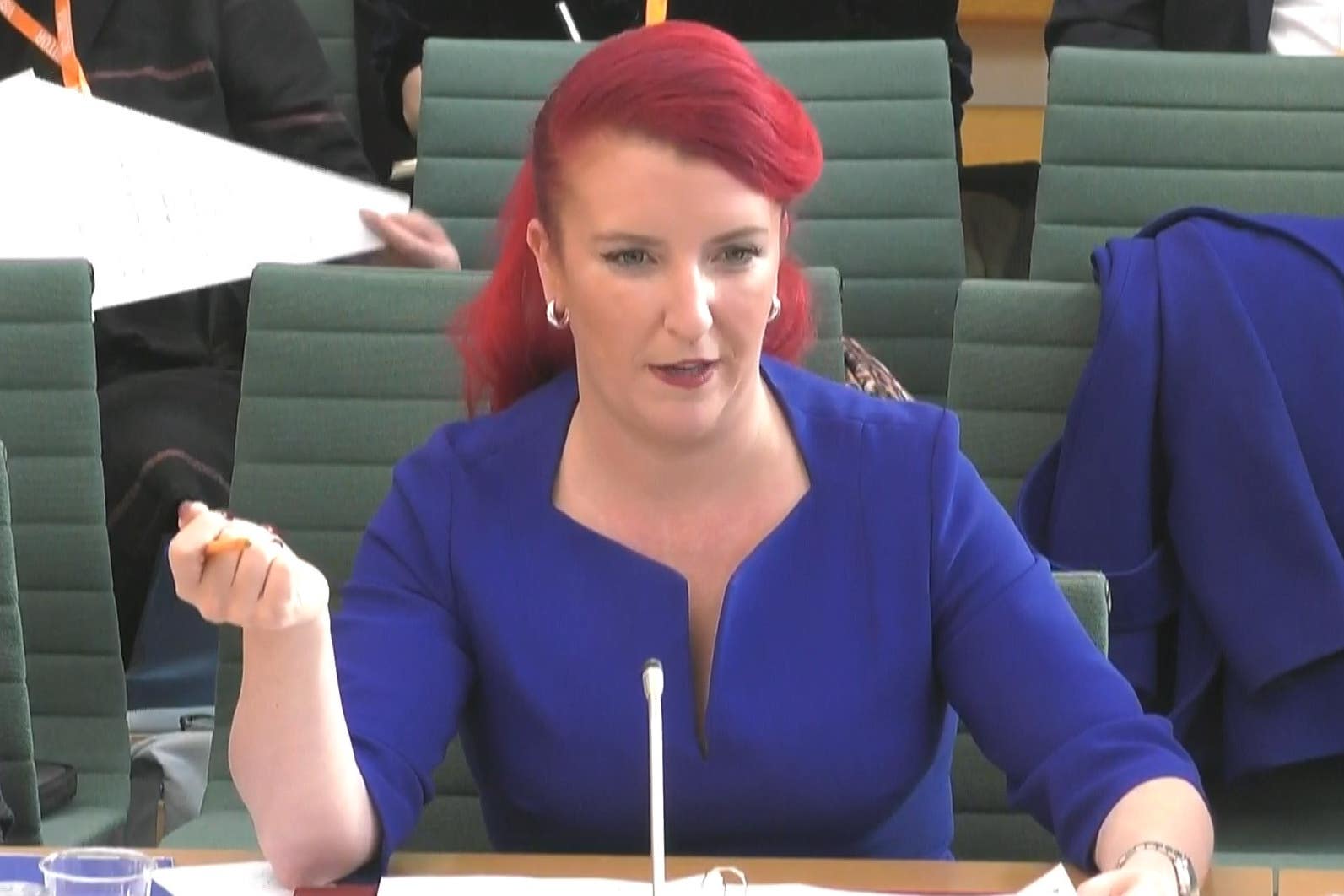Minister says food shortage plan in place as farmers threaten strike action over tax
Transport secretary Louise Haigh has said Whitehall already has plans in place to deal with empty supermarket shelves if farmers go on strike
A senior minister has revealed that plans are being put in place to deal with food shortages if farmers go ahead with their threat to strike over the controversial family farm tax. In an interview with Sir Trevor Phillips on his Sunday morning show on Sky News, transport secretary Louise Haigh said the government would be “setting out” its contingency plans for the winter, as concerns mount over the furious backlash to a decision to apply inheritance tax to farms.
Farmers are set to descend on London in their thousands on Tuesday to protest against plans to impose a 20 per cent inheritance tax on farms worth £1m or more. They have warned that the policy will destroy family farms across the country or see them broken up.
But more worrying for the government are the plans by farmers to go on strike and stop food production to give ministers a taste of what it would be like if the UK food-producing sector were no longer operating.

The threat has raised concerns about empty supermarket shelves this winter and potential panic-buying, which was last seen at the start of the Covid pandemic when people began to stockpile food at home.
Sir Trevor asked Ms Haigh: “Can you assure us the government has contingency plans in place to make sure that we don’t have food shortages if the farmers carry out their threats to ratchet up action?”
She replied: “Of course Defra will be setting out plans for the winter, and, business as usual, will be setting out contingency plans ensuring that food security is treated as the priority it deserves.”
The admission was described as “unbelievable” by one of the farmers’ leaders, Gareth Wyn Jones, who was involved in a protest on Saturday in Llandudno, where the prime minister Sir Keir Starmer was speaking to the Welsh Labour conference.
Mr Wyn Jones, a north Wales farmer and a popular YouTuber, accused Sir Keir of “fleeing out of the back door like a flipping rat” after the prime minister avoided speaking to farmers or even addressing their concerns in his speech.
Instead, Sir Keir used the speech to defend Rachel Reeves’s Budget, and to insist that he would not be backing down on any of the measures she had announced, despite mounting criticism over the family farm tax and the hike in employer national insurance contributions.
Defending him, Ms Haigh said: “What Keir Starmer laid out to our colleagues at the Welsh conference yesterday was a defence of the Budget.”
She added: “None of us came into power to levy taxes on farmers.”
Noting that she has friends and family in the farming sector, she said: “We do understand concerns, and we appreciate how hard farmers work.” But she insisted that the family farm tax is “fair and proportionate”.
Meanwhile, on the same show, Tom Bradshaw, the president of the National Farmers’ Union (NFU), claimed that he does not support the idea of withholding produce in protest at the tax.
Mr Bradshaw said: “I don’t for one moment condone that anyone will stop supplying the supermarkets.
“We saw during the Covid crisis that those unable to get their food were often either the most vulnerable, or those that have been working long hours in hospitals [such as] nurses.
“That is something we do not want to see again, but this is in the government’s control: they can sit down, they can talk to us and work a way through this.”
He continued: “That is not an NFU tactic – we do not support emptying supermarket shelves – but I do completely understand the strength of feeling that there is amongst farmers. They feel helpless today, and they’re trying to think of what can they do to try and demonstrate what this means to them. So I understand their strength of feeling, but we are not supporting that action.”
Asked why farmers should be protected from inheritance tax, when passing on assets worth £1m or more “lies beyond the wildest dreams of most people”, Mr Bradshaw said: “I recognise you may have people watching today that struggle to be able to afford the weekly shop, or the daily shop, and that is a really, really challenging situation.
“The Budget is already inflationary for food production. When you look at the national insurance increases, the national living wage increases, it is going to drive up food inflation significantly.
“This is another element: the [changes to] agricultural property relief and business property relief will mean that farms are not investing in food production for the future. It will increase the volatility of food production, and it won’t deliver the food security that this country needs.
“So I have huge sympathy for the very, very challenging situations that are facing many people.”
Join our commenting forum
Join thought-provoking conversations, follow other Independent readers and see their replies
Comments
Bookmark popover
Removed from bookmarks